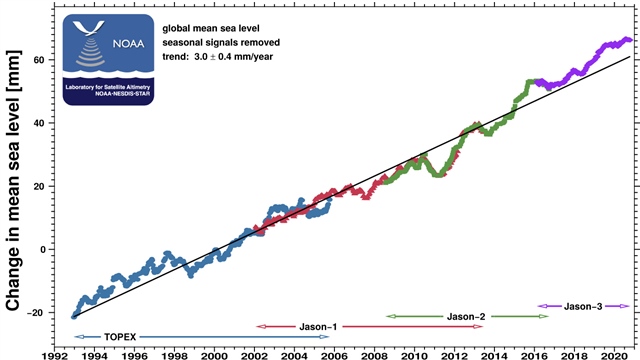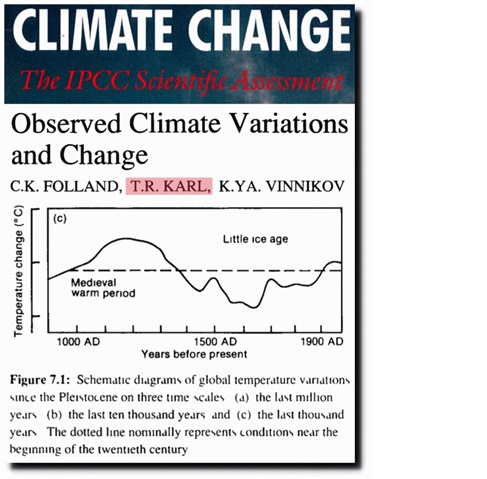Are we, as the IET, declaring a climate emergency?
It's really that simple a topic, should we be adding our professional voice to the growing number of countries and organisations declaring such an event, to bring better awareness of the threat of the climate crisis and to encourage more discussion in addressing it!

